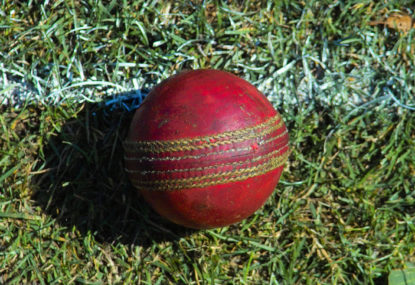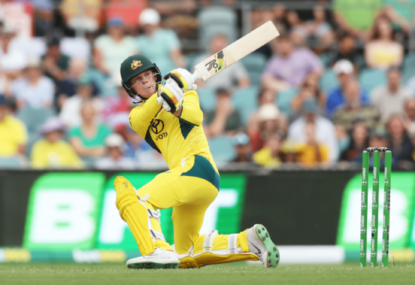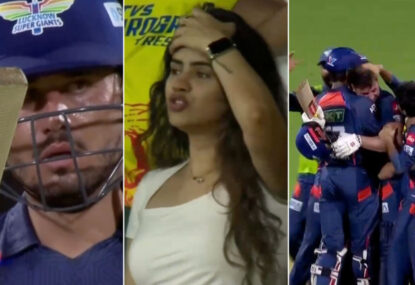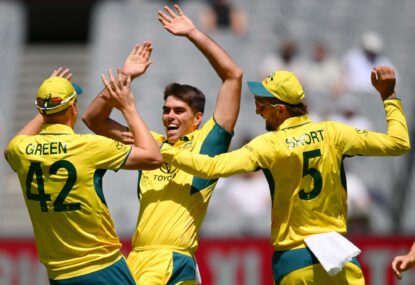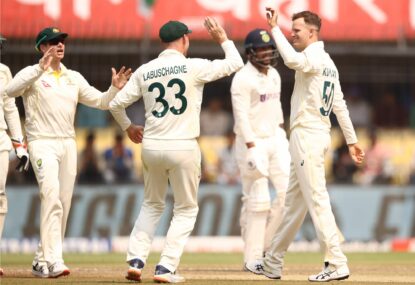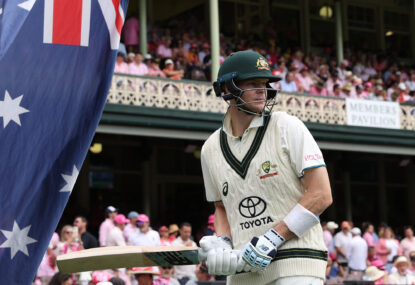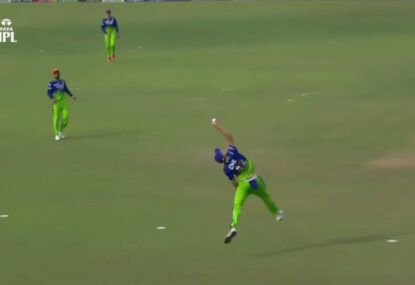The Netherlands are on the upswing again, not only regaining their ODI status they lost in 2013-14 but also winning the ICC World Cricket League Championship to seal their spot in the 13-team ODI league slated to begin in 2020.
This well-deserved triumph was confirmed when the Dutch secured a convincing eight-wicket win over Namibia in their first game of the final round in Dubai.
The first time the Netherlands attained the right to ODI status was after they finished third at the 1994 ICC Trophy in Kenya, thereby securing a place in the 1996 World Cup. They missed out on the 1999 World Cup in Europe but ensured that they made it to the next event in Africa in 2003 by winning the 2001 ICC Trophy in Canada, defeating fellow qualifiers Namibia in a thrilling final.
India were the Netherlands’ first opponents at the 2003 World Cup, and the Oranje bowlers took the south Asian giants by surprise by bowling them out for 204. An upset was prevented, though, and India won by 68 runs. Defeats to England, Australia, Pakistan and Zimbabwe had ensued by the time the Netherlands arrived at Bloemfontein’s Goodyear Park for their final game on 3 March 2003.
Incidentally the Netherlands squared up against their ICC trophy co-finalists Namibia in what was a tussle to avoid the wooden spoon in Pool A, as both teams were yet to get off the mark. Their 40-year-old captain, veteran Roland Lefebvre, was ruled out with a hamstring injury in what would have been his final ODI. Luuk van Troost led the side in his absence, won the toss and elected to bat.
Rudi van Vuuren, who had impressed with a five-wicket haul against England earlier in the tournament, struck in the sixth over of the innings by castling Edgar Schiferli with the score reading 25. However, the Namibian fielders were made to chase leather for the best part of the remainder of the innings thanks to a commanding second-wicket partnership.
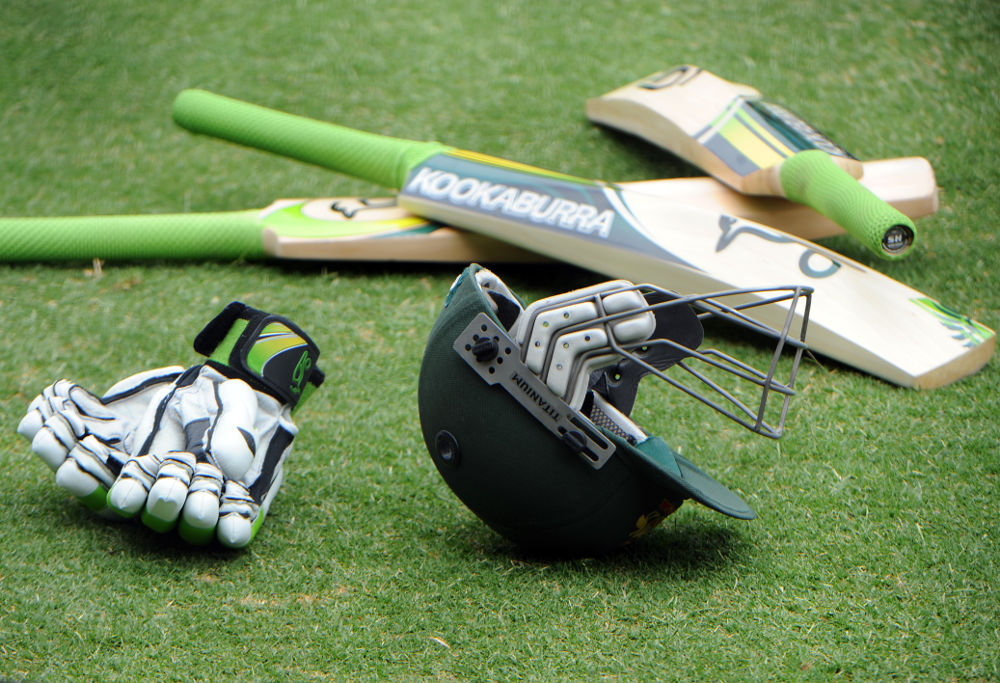
Opener Jan Feiko Kloppenburg and seasoned number three Klaas van Noortwijk, who had also partaken in the 1996 World Cup, flayed the Namibians in the course of a new record association. When he crossed 64 with a four off Louis Burger, Kloppenburg went past the previous highest ODI score by a Dutchman, made by van Noortwijk against England at Peshawar in the 1996 World Cup.
Kloppenburg then proceeded to notch the first ODI century by a Dutch batsman, pushing a single off Gerrie Snyman in the 37th over to bring up the milestone. By the time he was caught behind off Snyman for 121 off 142 balls, with six fours and four sixes, van Noortwijk too had helped himself to a hundred. The second-wicket partnership fetched 228 runs at nearly six an over.
This partnership was then the fourth highest in World Cup history and the third highest for the second wicket. It exactly doubled the previous highest ODI partnership for the Netherlands – 114 for the fifth wicket between van Noortwijk and Bas Zuiderent in the aforementioned 1996 World Cup match against England. This was then only the fourth ODI partnership of above 200 in South Africa.
The partnership also created a new record for the highest ODI partnership for an associate nation, going past the first-wicket stand of 225 between Kenya’s Kennedy Otieno and Dipak Chudasama against Bangladesh at Nairobi in 1997-98. The record remains to this day despite of the number of ODIs played by associate nations having increased manifold during the past decade.
With the score 2/253 after 44 overs van Noortwijk, who was battling cramps, decided to take the innings into overdrive. The loss of two wickets in the 47th over did not bother him, and he reclaimed the Dutch record for the highest ODI score by finishing at 134* from 129 balls, with 11 fours and three sixes. This was broken in 2013-14 when Wesley Barresi scored 137* against Kenya at Lincoln.
The Netherlands amassed 89 from the last ten overs, including 51 from the last five, to post a daunting total of 4/314. Never before had they totalled more than 230 in an ODI. This was their highest ODI total until 2007, when they scored 8/315 against Bermuda. Louis Burger was the pick of the Namibian bowlers with a return of 2/49, and the only one to finish with an economy rate of under 5.50.
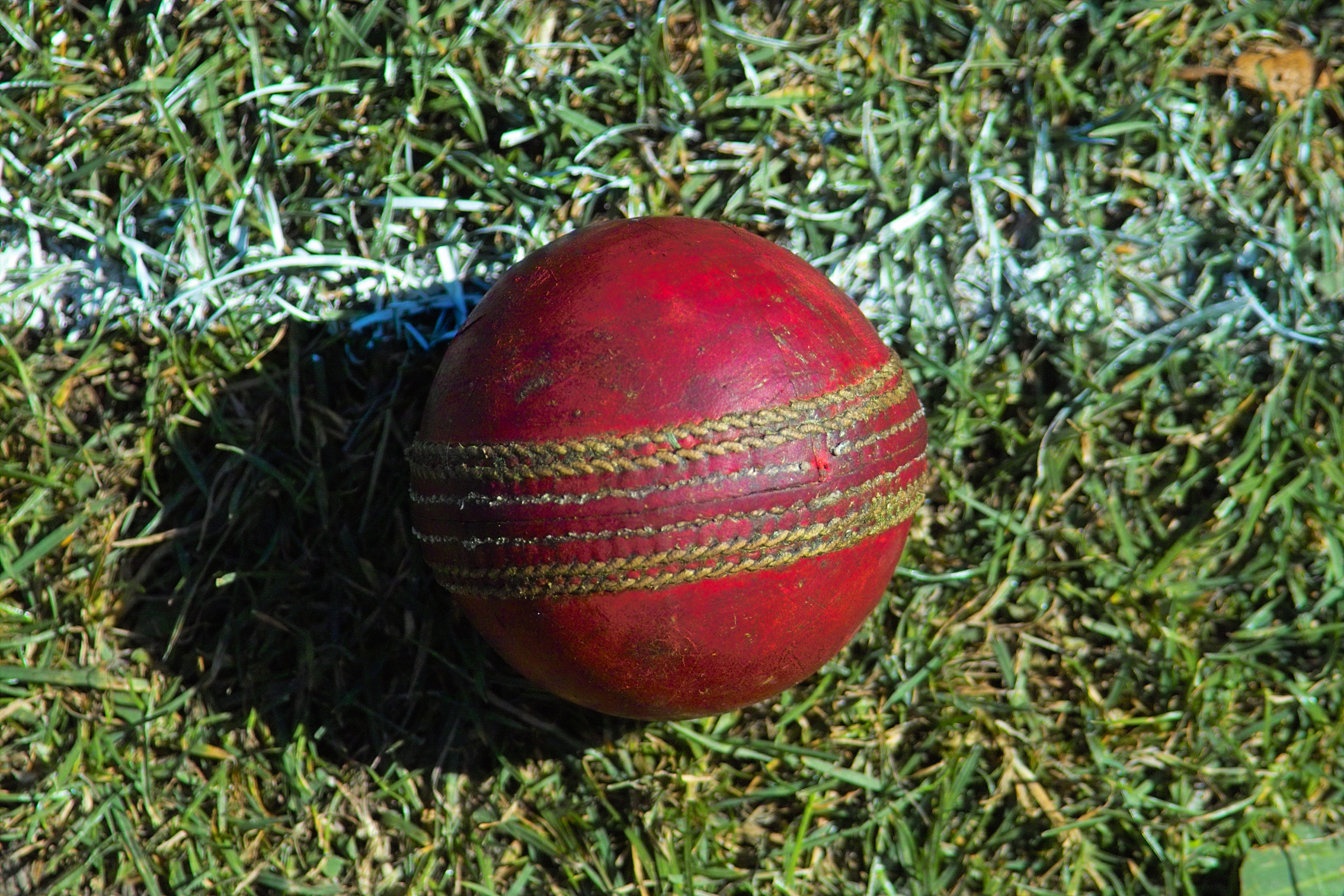
(Creative Commons picture)
Namibia’s opening pair of Jan-Berrie Burger and Morne Karg got off to a rousing start in reply, putting on 76 in less than 14 overs. Burger was displaying the same attacking intent that had brought him a spunky 85 from 86 balls against England, until Kloppenburg, with his medium pace, removed him in his first over, caught in the outfield by substitute fielder Ruud Nijman for a 42-ball 41.
Karg fell for 41 as well, again caught by Nijman, off the bowling of Tim de Leede three overs later to make it 2/87. But Namibia were not going to go down without fight. Danie Keulder and Bryan Murgatroyd combined to share 92 for the third wicket, and at 2/179 in 34.4 overs they were very much in the reckoning. Kloppenburg proved to be the partnership breaker again, bowling Keulder for 52.
The rising required rate soon got the better of the Namibian batsmen. Murgatroyd perished in the 40th over for 52, while the following over saw Kloppenburg gobble Louis Burger and Snyman in consecutive balls. Kloppenburg capped a wonderful match with figures of 4/42 from his ten overs. Off-spinner Adeel Raja collected 4/42 as well, taking the final four wickets in three overs.
Namibia lost their last seven wickets for 41 to be bowled out for 250 in 46.3 overs. After 12 losses on the trot, the Netherlands finally got their first ODI win. Kloppenburg became the first man to score a century and take four wickets in a World Cup match and the sixth to achieve the feat in ODIs, joining the likes of Vivian Richards, Sachin Tendulkar and Sanath Jayasuriya in the rare club.
The 28-year-old Kloppenburg was deservedly named man of the match in what turned out to be his last ODI. The Netherlands’ second win at the World Cup came in the 2007 edition when they beat Scotland by eight wickets at Basseterre. The year 2010 saw their first and only ODI win against a Test nation, achieved by six wickets against Bangladesh in a rain-reduced fixture at Glasgow.





























































































